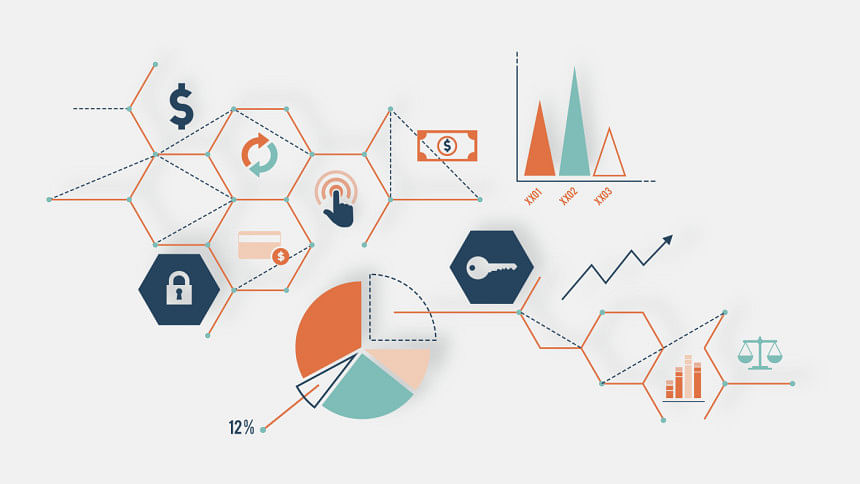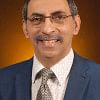Is economics a science?

Economics is a study of meeting unlimited wants of human beings with limited resources. Lionel Robbins, a well-known economist, defined economics as the science which studies human behaviour as a relationship between given ends (unlimited wants) and scarce means (limited resources) that have alternative uses. Another prominent economist, Alfred Marshall believed that economics deals with individual and social actions for the attainment of material requisites of wellbeing.
Internationally acclaimed economists like Adam Smith, JS Mill and Milton Friedman influenced economic thinking through scientific enquiry and advocated for free markets, and using both theoretical reasoning and actual policy-making, they proved it to be the best model for human prosperity. While building theories, they assumed that consumers are rational actors working for maximising happiness and well-being. Mill's work was more modern in outlook. He advocated for addressing social issues and establishing women's rights since economic activities cannot alone establish a just society.
Whether economics is a science, a social science, a behavioural science or an art depends on the approach taken by economists to empirically analyse different economic phenomena and test models to recommend and draw conclusions based on their analysis. Paul A Samuelson, an influential economist believed that economics is not an exact science, but a combination of art and science. In fact, many scientific research have been conducted in areas such as consumer behaviour, financial market, performance of industries, international trade, exchange rate, employment, taxation, and economic growth and development. And these in-depth economic analyses, research and studies help governments make informed and efficient policy decisions.
During the latter half of the 19th century, economic theories from 18th and 19th centuries were empirically tested using mathematical tools. Most of these theories used quantitative methods of analysis which have great power of predictability and thus have scientific validity. One of the main areas of study was determining price level through the interaction of demand and supply of various commodities. It is a critical area of research since price governs the allocation of resources for goods and services production. Using elaborate mathematical models, economists predict future demand and suggest where producers should invest in the future. The validity of the prediction depends on availability of sound data, accurate information and reasonable assumptions. Paul Krugman feels that economics is indeed characterised by scientific methods. Another prominent economist, Raj Chetty believes that economics in some way is a scientific field as many economists test theories using empirical research methods.
The use of correct methodology and quantitative techniques is very important for a discipline to be considered a science. In most areas of economics, such methodologies and techniques have been applied for many decades, which makes economics a science. In fact, economists must possess a thorough understanding of mathematics, statistics and human behaviour to establish new economic theories or re-examine existing ones.
Both economists and non-economists attach ideological choices to classify economists either as free-market practitioners or as those who pursue state control mechanisms. Two influential economists, Joseph Stiglitz and Paul Krugman believe that the distinction between free market and state control is not so distinct. The difference is more complicated in the real world. Both these ideological thoughts are present in all the economies in the world. A comprehensive understanding of the functioning of an economy is essential for striking a right balance between the two ideological approaches in policy decisions, which makes economics more of an art rather than a science.
Strong economic growth in developing countries is believed to be crucial for poverty reduction. Globally, economists mostly focus on helping more than a billion poor people lift themselves out of extreme poverty and boosting the incomes of the poorest 40 percent of the people in developing countries. To do that, the government needs to find inclusive economic growth strategies that help all segments of society to be part of the market mechanism. Ninety percent of all jobs in developing countries are created by the private sector. If we are to help the poor and vulnerable, we need the private sector to flourish, by attracting private sector investment which creates jobs.
Whether economists try to prove it as part of their scientific endeavour or not, economic and social realities would dictate that policies in developing economies need to first ensure that growth is inclusive; second, nations include women, ethnically backward people, religious minorities, poor children and their families in social and economic policies; and third, invest in quality education and training, health and environmental protection. All these will pay off in a major way to improve people's lives, which will contribute directly and indirectly to economic growth with equity. However, economics is not self-fulfilling despite its numerous sound theories, which can be used for policymaking. This is because politicians ultimately implement the economic policies. If they do not see political gains in the policies, they may not always use economists' proposals.
A wide range of topics are taught in economics departments in universities around the world including Bangladesh. These may range from consumer behaviour, inflation, and unemployment, to human capital development, statistical methods and mathematical modelling and research methodology. However, not all the universities in Bangladesh prepare students adequately with practical knowledge so that they can compete in the job market effectively. The students should be taught practical applications along with economic theories. For this, a good part of their teaching-learning should be arranged in collaboration with commercial banks, government departments, development partners, NGOs etc, so that the students can acquire practical knowledge.
Dr Nawshad Ahmed, a retired UN official, is an economist and urban planner. He can be reached at [email protected].
Views expressed in this article are the author's own.
Follow The Daily Star Opinion on Facebook for the latest opinions, commentaries and analyses by experts and professionals. To contribute your article or letter to The Daily Star Opinion, see our guidelines for submission.

 For all latest news, follow The Daily Star's Google News channel.
For all latest news, follow The Daily Star's Google News channel. 





Comments